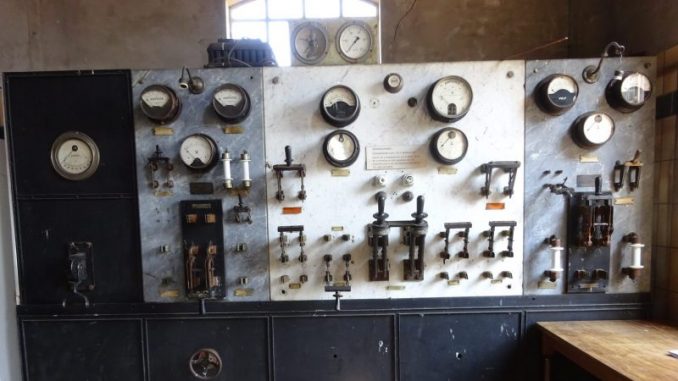
Published in El Pais, 5 September 2020 and in Los Tiempos, 7 September 2020.
“It will never be as it was before, ” said a lady with a worried face. To resume the talk, keeping my distance of almost two meters, I said yes, and that COVID-19 changed everything. But is it that bad? Has the world ever stopped changing? I think it is risky to hold on to the past no matter the costs. When the industrial revolution took place, many people complained that the steam engine was an invention of the devil because it took away the work of many people. However, prices for many products also dropped making them accessible. The transformation has been hard for some, but in the long run, all this change helped to increase the quality of life of many.
Winston Churchill said: “never waste a good crisis.” It would be a great shame to forget what we have learned and everything that has changed during this COVID-19 pandemic. Three examples:
A friend who had been working at home highly effective all this time was now ordered by his boss to return to the office every day at the same time as before without any distancing measures for enclosed environments. He asked if he could work from home at least two days a week and the answer was: “Of course not, virtual work was just for the Corona period, now everything is normal!” Again his dinosaur boss had returned to pre-corona mode without relying on the productivity of his workers.
Another example. Several companies gave the option of online bank payments. This has been shown to reduce cash (increased security and fewer thefts), reduce rows (time gain) and contagious gatherings (increased health). People sent their deposit confirmation code by email and received their invoice online and when the economy opened to one could collect the physical one for backup. Wonderful! This allowed customers from different cities and facilitating things for many other customers. But now everything is back to normal and the bank transfer option does not exist. It is silly!
The last example. Education had the great opportunity to introduce distance education online. Millions of kids in the world have been and are still under this modality. Unfortunately, the government in Bolivia did not have the courage to try this experiment and went for the easiest way and canceled classes completely, increasing the difference between privately educated and public-educated children. Those who did adopt virtual education observed, albeit with difficulties, that it is possible to have students (including from other schools, cities, and countries). While the rest of the world learns, improves and has taken great steps, Bolivia is left behind hurting a large part of its population.
Cash is obsolete, most paperwork and contracts can be done online and for once we must rely on our professional workers and their productivity. This is the new trend in the world, and it works well. Do we really want to go back to an education system of more than 100 years ago? Do we want to talk about business competitiveness with outdated tools? Are we going to waste the lessons learned from this crisis and go back to practices that do not allow us to move forward?



Be the first to comment